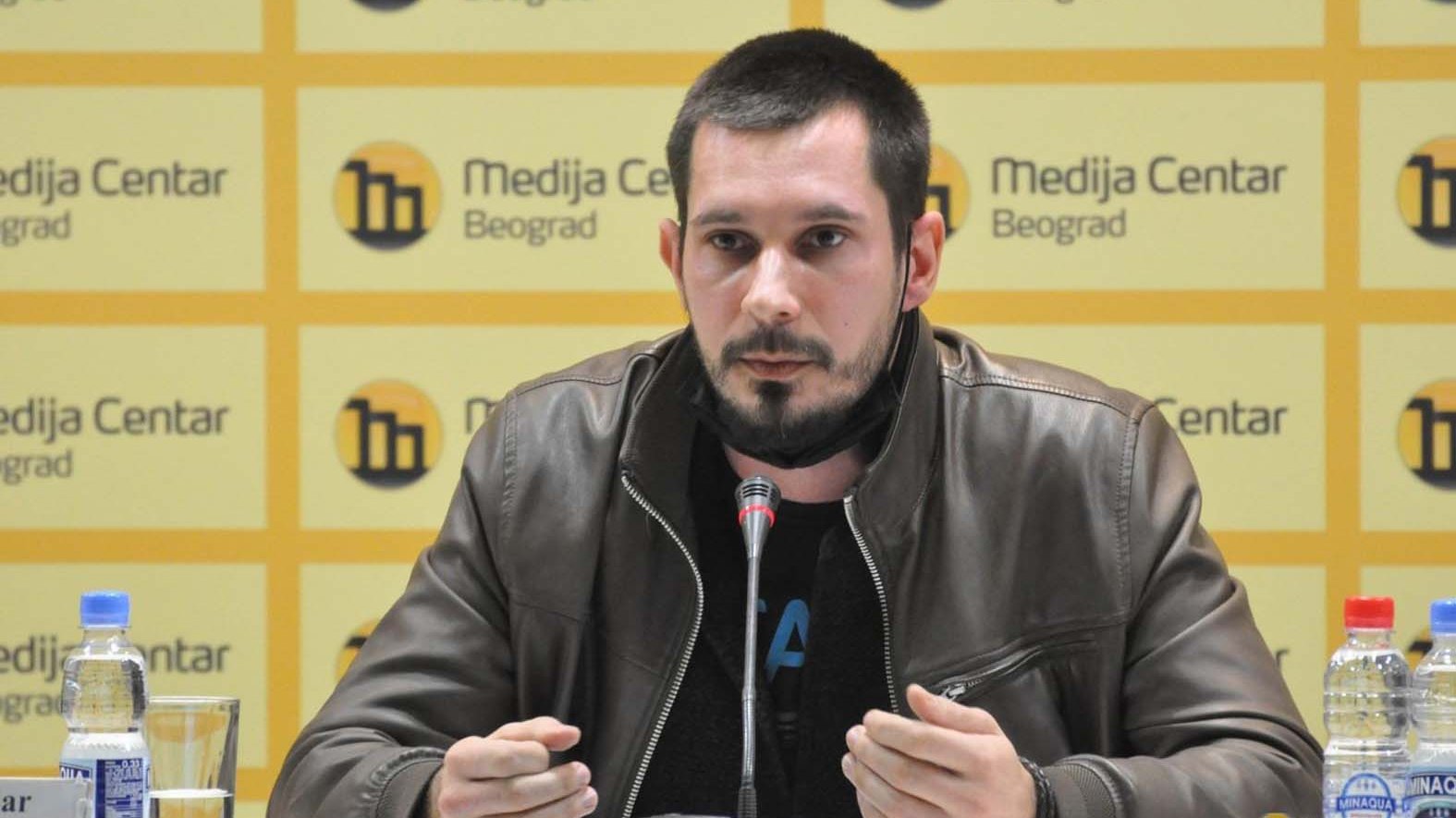Court of Human Rights Ruffelt Switzerland

Criminals with heart defects were abandoned in Kosovo: Court of Human Rights Ruffelt Switzerland
He struck people with a hospital, landed in prison and lost the branch permit in 2009. Two years ago, the 35-year-old man was removed. The European Court of Human Rights has now convicted Switzerland.
In November 1989 there was family reunification. The mother and her five -month -old son moved from Kosovo to the father to the canton of Ticino. In adulthood, the son got on the wrong track. He was convicted and lost the residence permit. After numerous recurs, he was abandoned to his home country in July 2023, 14 years later. In contrast, the man has defended himself in front of the European Court of Human Rights.
1. What does the man have on the notch?
On October 19, 2008, he struck two people ready for hospital. They suffered a traumatic brain trauma and other injuries. In another case, he expressed death threats to a minor and forced him to end the love relationship with his girlfriend. On June 25, 2009, the Kosovare was sentenced to 26 months in prison, among other things for multiple assault, repeated coercion, simple bodily harm and complicity in the event of theft.
He had to serve a year. The Ticino Migration Office withdrawn the branch permit in September 2009. The learning effect failed to materialize for the time being. On June 26, 2010, he raced through a 50s zone at 104 km/h.
2. How did he fight against the deportation?
He has been suffering from an innate heart defect since birth. In 2009 he received a heart valve implantation, and he had to go to control every six months. The Kosovare argued that his medical care was not ensured in his country of origin. Not a single clinic is able to carry out an emergency surgery, for example in the case of heart valve inflammation. His life is in danger.
For years, the dossier went back and forth between Migration Office, Ticino, Ticino Administrative Court and the Federal Court. It had to be checked again and again. After 14 years, the federal court finally came to the conclusion: The Ticino migration authorities rightly revoked the branch permit to the Kosovar.
3. How did the Ticino authorities argue?
They took the view that he could get the necessary medication in Kosovo that medical care was guaranteed. In addition, despite the asserted health problems, he regularly visits the country on vacation. He also has a network there and dominate the language. In Switzerland, it is not socially well integrated and economically dependent on his parents.
The Federal Supreme Court finally gave the green light for the direction because the health of the Kosovars was not acute. The reason: the likelihood that someone with a history of how they have to be operated on is 0.7 to 1 percent.
According to the federal court, the man is doing well physically. It takes a long time after an exertion for his pulse to recover. However, he can easily master everyday life. The Federal Supreme Court criticized its sports program: it rely too strongly on power training, as recommended for endurance training.
4. What did the European Court of Human Rights decide?
That Switzerland has wrongly withdrawn from the Kosovaren. The judges in Strasbourg found a violation of the right to respect for family and private life. The man had spent his whole life in Switzerland that his family and social roots are here. A social network in Kosovo is not proven. After the convictions in adulthood, he had behaved flawlessly. His non -integration into the world of work is due to his foreign status.
The question of whether the medical infrastructure in Kosovo is sufficient left the Court open – because the violation of the family article already stated that it should not have been dispensed. As satisfaction and compensation for the court costs, Strasbourg awarded the Kosovars 19,000 euros.
5. What’s next?
The Swiss authorities have to check the case again. In view of the decision of the Court of Human Rights, the outcome is clear: the man can return to Switzerland and again receives a legal right of residence.








